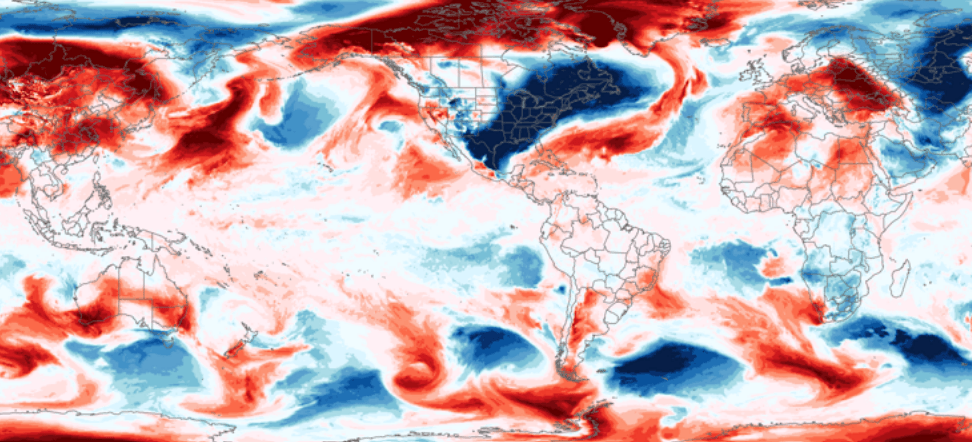Snow in the South?! Gulf Coast Paralyzed by Unthinkable Blizzard

Historic Blizzard Paralyzes Gulf Coast and Deep South
The Gulf Coast and Deep South experienced a historic winter storm on Tuesday, with snowfall exceeding double digits in some areas, leaving meteorologists stunned.
“Just like hundreds of other meteorologists today, I am speechless,” one meteorologist wrote, sharing a video of whiteout conditions on the Pensacola Bay Bridge in Florida. Milton, Florida, reported 8.8 inches of snow, likely a new state record for a single day.
Louisiana witnessed a surreal scene as deep snow met the warm waters of the Gulf of Mexico. New Orleans residents skied down Bourbon Street as the airport recorded 8 inches of snow, shattering the previous daily record of 2.7 inches.
By Tuesday’s end, New Orleans had seen more snow in this single event than New York City and Anchorage combined during the entire months of December and January.
In Alabama, beachgoers enjoyed a unique snowball fight. The Gulf Coast witnessed its first-ever blizzard warning.
Key Snowfall Totals and Records
- Texas: La Porte, Pine Forest, and Vidor: 6 inches
- Louisiana: Chalmette, St. Bernard Parish: 11.5 inches
- Mississippi: Long Beach and Ocean Springs: 9 inches
- Alabama: Babbie: 11 inches
- Florida: Milton: 9.8 inches (likely new state record); Pensacola: 7.6 inches
- Georgia: Cordele: 9 inches
- South Carolina: Conway and Cross: 6 inches
- North Carolina: Kill Devil Hills: 9 inches
- Virginia: Norview: 4.1 inches
Snowfall Records Set:
- Louisiana: New Orleans (airport): 8 inches; Lafayette: 9 inches
- Alabama: Mobile: 7.5 inches
- Florida: Milton: 9.8 inches (likely new state record); Pensacola: 7.6 inches
- Georgia: Camilla: 8 inches
Unprecedented Conditions
This extraordinary storm resulted from a unique combination of factors.
- Arctic Outbreak: The coldest air on Earth descended upon the United States, driven by a displaced lobe of the polar vortex.
- Atmospheric Disturbance: An upper atmospheric disturbance moved south from Canada’s Yukon territory to Texas, causing air to rise, cool, and condense into precipitation.
The Gulf Coast rarely experiences such a convergence of extreme cold and conditions conducive to precipitation. However, these factors aligned perfectly on Tuesday.
Climate Change and the Storm
While this event is rare, it doesn’t negate the impact of climate change. Last year was the warmest on record, contributing to record warm seas, including in the Gulf of Mexico, and increased atmospheric moisture. The warm Gulf likely amplified the snowfall totals.
Frigid Aftermath
Several nights of frigid temperatures are expected in the affected areas, with lows dipping into the teens and 20s. A cycle of melting and refreezing will create icy conditions.
Looking Ahead
Temperatures are forecast to gradually warm, with highs returning to the 60s in New Orleans next week. After an active January, a quieter weather pattern is expected to settle across the country.



